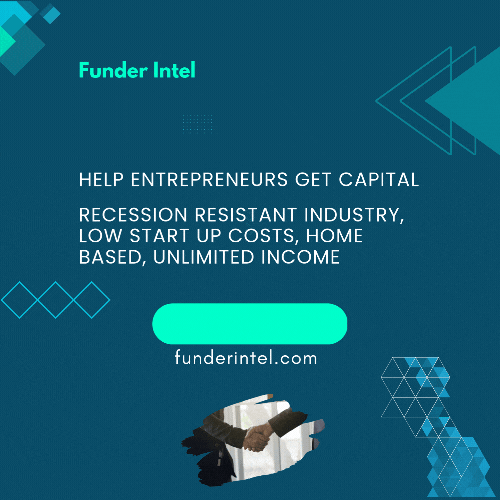Governor Youngkin Vetoes Virginia SB 1252: A Win for Fintech or a Missed Opportunity for Reform?
- Staff Writer
- Mar 26
- 3 min read

Governor Glenn Youngkin has shut the door on Virginia Senate Bill 1252, vetoing legislation that could have reshaped how consumer lending and fintech services are regulated in the state. The decision drew swift praise from the American Fintech Council (AFC), which had vocally opposed the bill, citing concerns over innovation, access to credit, and regulatory clarity.
Below is the full statement from AFC CEO Phil Goldfeder, published shortly after the veto:
“Governor Youngkin’s decision to veto SB 1252 protects access to safe, responsible credit for hundreds of thousands of Virginians. The bill, while well-intentioned, would have created unnecessary barriers for consumers seeking flexible financial tools and introduced legal uncertainty for responsible providers.
AFC has been deeply engaged on this issue from the start—meeting with lawmakers, submitting formal comments, and mobilizing a coalition of responsible providers to raise concerns about the bill’s impact.
This veto reflects a thoughtful and pragmatic approach to regulation—one that puts consumers first without stifling responsible innovation. AFC thanks Governor Youngkin for standing up for financial inclusion and recognizing the importance of maintaining a diverse and competitive credit marketplace in Virginia. We remain committed to working with lawmakers in Virginia and across the country to ensure policy solutions reflect the realities of today’s financial landscape.”
What Was in SB 1252—and Why It Sparked Controversy
Prior to the veto, legal analysts and financial observers weighed in on the bill’s potential impact. A February 27 article from the Consumer Financial Services Law Monitor outlined several areas where SB 1252 raised red flags among fintechs, banks, and legal experts.
Here’s what the bill proposed—and why it stirred debate:
Expanded Definition of LoansSB 1252 sought to broaden the definition of a "loan" under Virginia law to include both recourse and non-recourse loans, along with any transaction involving interest, fees, or charges. Industry critics warned that this could pull a wide range of products—some not traditionally considered loans—under regulatory scrutiny.
Earned Wage Access in the CrosshairsThe bill would have classified earned wage access (EWA) services as loans, subjecting them to the same regulations as more traditional consumer credit products. Supporters argued this was needed for consistency, while critics claimed it would effectively regulate helpful tools out of existence for workers living paycheck to paycheck.
Ambiguous Anti-Evasion ClausesThe bill also introduced sweeping language designed to prevent lenders from structuring deals in ways that circumvent Virginia's usury laws. While the intent was to block predatory behavior, critics worried the language could create legal uncertainty and discourage legitimate partnerships between banks and fintechs.
Impact on Bank-Fintech PartnershipsOne of the bigger concerns came from how the bill might affect Bank Partnership Model (BPM) arrangements. These are commonly used by fintechs to deliver credit products nationwide. The bill’s vague language could have prompted legal challenges or led banks to exit these partnerships altogether.
Looking Ahead: A Tipping Point for State-Fintech Relations?
Governor Youngkin’s veto may not be the end of the conversation around fintech regulation in Virginia—but it does signal that broad, ambiguous rulemaking will face strong resistance when it risks limiting access to credit or slowing innovation. The bill's supporters viewed it as a necessary consumer protection measure, but the fintech industry saw it as regulatory overreach that could have unintended economic consequences.
This episode also illustrates a broader trend: states are increasingly at the front lines of financial innovation policy, filling gaps left by slower federal regulation. As fintech products continue to evolve, expect more states to revisit how they define loans, regulate partnerships, and classify emerging financial tools.
For now, fintech lenders, earned wage access providers, and the banks that support them have a bit more breathing room in Virginia—but the spotlight on these issues isn’t going anywhere.


